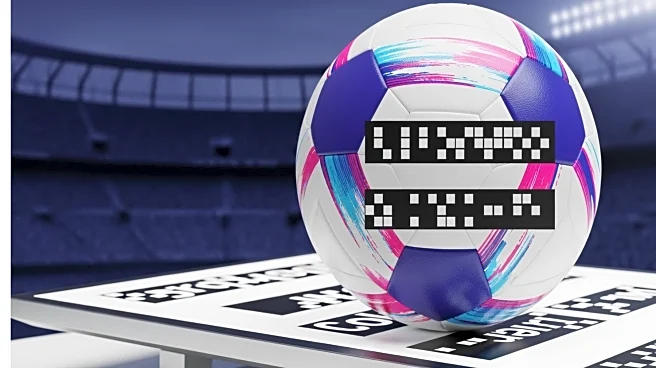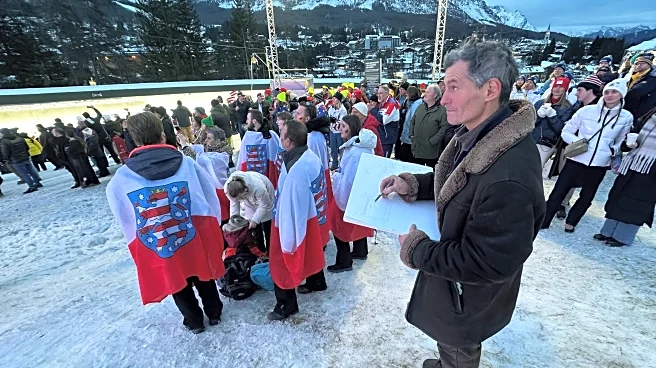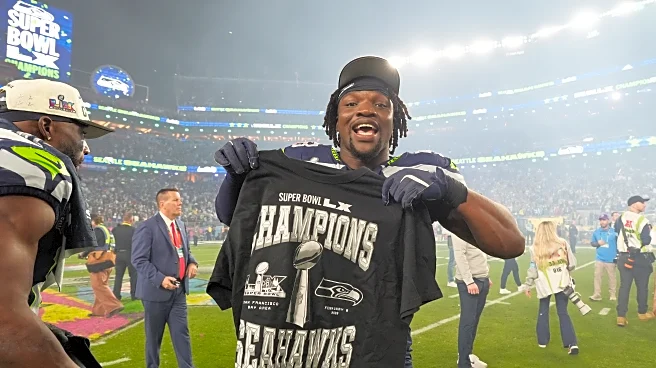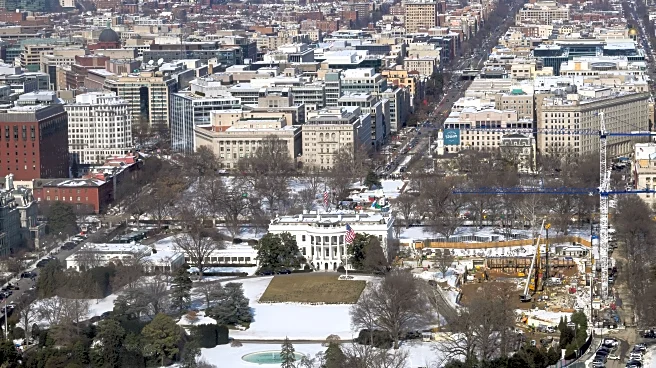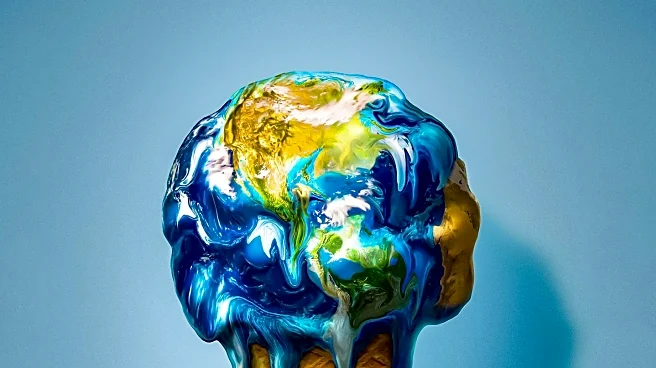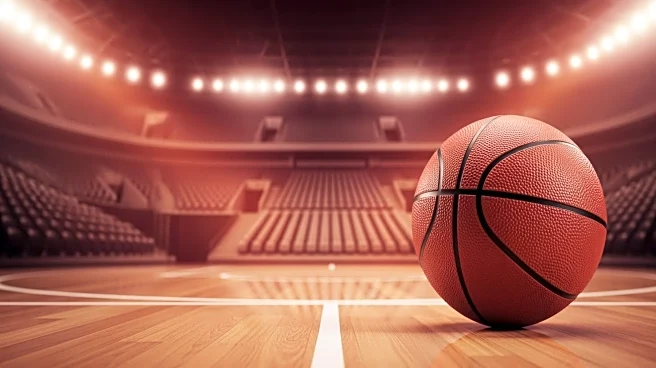What's Happening?
La Liga players have staged protests against the decision to hold a regular season game in Miami, which have been censored or not fully broadcast on television. During Barcelona's home game against Girona,
the television feed switched to an exterior view of the stadium, preventing viewers from seeing the players' protest. Similar censorship occurred during other games, with broadcasts focusing on the center circle rather than the entire field. The players' union organized the protest to oppose La Liga's plan to hold the Barcelona-Villarreal game in Miami on December 20, citing a lack of transparency and dialogue. Despite being exempted, Barcelona and Villarreal players joined the protest. Coaches and players have criticized the Miami game, citing concerns over additional travel and competition integrity.
Why It's Important?
The protests highlight significant opposition within the soccer community to La Liga's decision to play a game in the United States. This move is seen as prioritizing commercial interests over the welfare of players and the integrity of the competition. The decision has sparked a debate about the globalization of sports and the potential impact on local fan bases. While La Liga argues that the game will boost revenues and global exposure, critics argue it undermines the traditional structure of the league. The outcome of this dispute could set a precedent for other leagues considering similar international expansions.
What's Next?
La Liga plans to proceed with the Miami game, scheduled for December 20 at Hard Rock Stadium. The league aims to make international matches an annual event, despite the current backlash. The players' union and other stakeholders may continue to voice their opposition, potentially leading to further protests or negotiations. The situation could influence future decisions by other leagues, such as Italy's Serie A, which is also considering international matches. The resolution of this conflict will be closely watched by sports organizations and fans worldwide.
Beyond the Headlines
The controversy raises questions about the balance between commercial interests and the traditional values of sports. It also highlights the power dynamics between league authorities and players, as well as the role of media in shaping public perception. The decision to censor protests on television broadcasts underscores the challenges of maintaining transparency and open dialogue in sports governance. The outcome of this situation could influence how sports leagues engage with global markets and address the concerns of their primary stakeholders.
